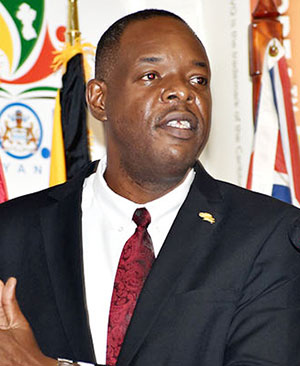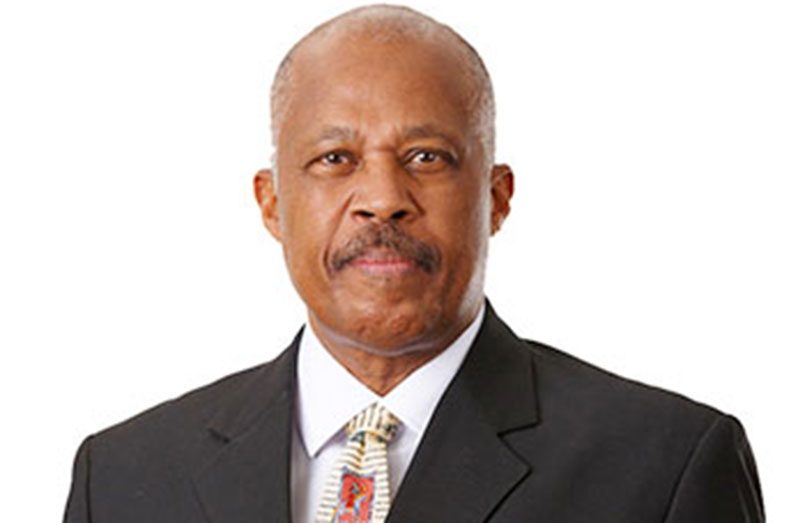ALTHOUGH significant strides have been made in reforming the delivery of education across the English-speaking Caribbean, the enrolment of young people into tertiary institutions remains at its lowest.
This was on Friday revealed by Professor Hilary Beckles, Chairman of the Caribbean Examinations Council (CXC), during the council’s second annual ministerial summit which was held in Grenada.
“We all know that a country’s potential for economic growth is an expression of the percentage of its population that has received higher education and therefore moving our children from primary to secondary to the tertiary is the key mandate for all of us,” Professor Beckles told the gathering.

Further, he stated that without a high proportion of citizens involved in the pursuit of professional development, skills training, and academic training, a lot of potential will remain untapped.
While Beckles did not share any statistics, he noted that the English-speaking Caribbean states have the lowest enrolment rates for tertiary education across the hemisphere.
“In the English-speaking Caribbean, we have the lowest enrolment in higher education among our young people, and [the] entire hemisphere,” he said, adding: “If you take our hemisphere from Alaska …to Argentina…and you collect your data on the percentage of young people under the age of 30, the English-speaking Caribbean is at the bottom of the pile.”
He noted that this is a cause for concern and it must be addressed by policymakers.
“This is a tragic situation. The French-speaking Caribbean are ahead, the Dutch-speaking Caribbean are ahead, the Spanish-speaking Caribbean are ahead and [the] English curriculum is at the bottom of the pile in terms of moving our young people from primary to secondary and into tertiary,” Beckles stressed.
It is for this reason Beckles believes that the Caribbean region has seen a delay in its development and transformation over the years.
“We’re not generating the professional training, the academic specificity, to push innovation, to push economic development, to push transformation,” he added.
Continued collaboration and gatherings such as the forum is needed to address this and similar concerns, he said.
“We’re all gathered here this morning to deal with the institutional issues of the CXC, the ministerial interventions to help to chart the path for this institution, but also to recognise that it is a part of a broader conversation about education, about development, about nation-building and the challenges that we are faced with as a people,” Beckles said.
Meanwhile, CXC Registrar Dr Wayne Wesley said that the COVID-19 (coronavirus) pandemic has highlighted the importance of stakeholder collaborations.
This has resulted in the birth of the ministerial summit, which aims to create a platform for all the regional stakeholders to discuss and strategise meaningful initiatives and solutions to further advance the delivery of education.
“This is a summit that we have coined or formed to have meaningful engagement with our stakeholders to ensure that the collective challenges we face, we don’t face it alone.”
He added that the council will be embarking on a programme which will see the body playing a much more active role in the delivery of education.
“The council has embarked on a programme of transformation which calls us not just to see ourselves as an examining body, but as a regional enterprise,” Wesley said.




.png)









